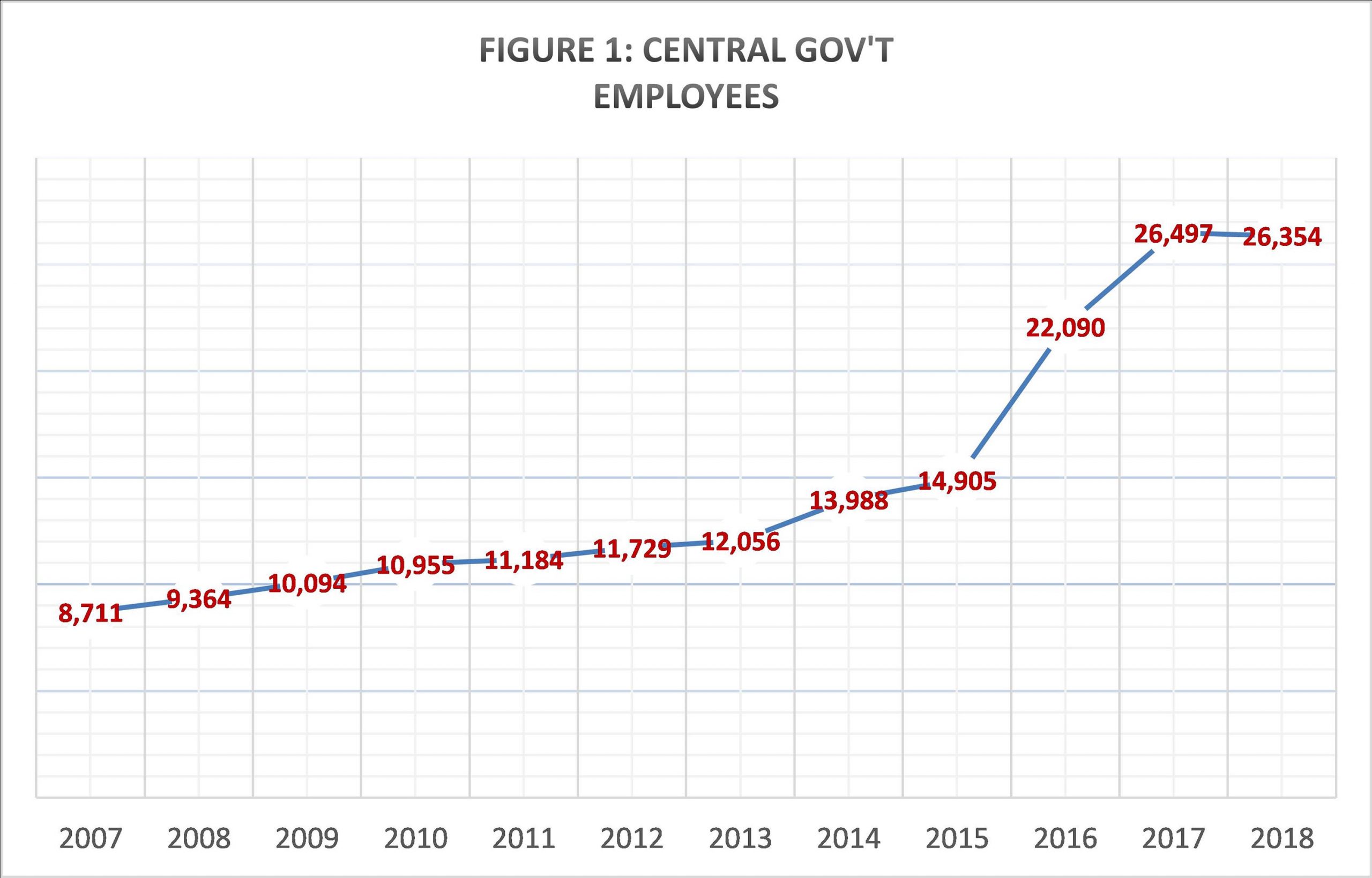David Granger: A Freudian analysis
Kaieteur News – This analysis was in the pipeline shortly after I did a Freudian assessment of the mind of Charrandass Persaud, thus it was not determined by the leave of absence Mr. Granger has taken from the PNC. But one can argue that it is too early to see his leave as a sign of eventual exit and that the move could be in keeping with the Freudian shape of his mind.
Political parties in this country have produced some of the most intriguing Machiavellian machinations when compared to other countries. No one believed that Hamilton Green would have been expelled from the PNC, a new face in the PPP – Bharrat Jagdeo – would have succeeded Cheddi Jagan and Mrs. Jagan, the WPA would have teamed up with the PNC, the AFC would have subsumed itself under the PNC. So we have to wait and see if Granger is not planning a Burnhamite strategy. I would urge analysts not to jump to conclusion too early.
It is misanalysis to argue that Granger was the particular, singular factor in the electoral defeat of the APNU+AFC coalition. That is extreme intellectual mediocrity or compulsive moral nastiness. Bharrat Jagdeo given his long experience in government knew that in power after 2015 the PNC had not changed, the WPA had become PNC backers, and that the AFC had just gone to the rubbish heap.
Thus he knew that the PPP had a chance given Guyana’s demographic reality. The PPP then set about to organise an election defeat of its opponents and it did. Once you understood Guyanese politics, you knew the PNC would either have lost or run in with a minority government. African Guyanese should by now know their party legally lost.
The mind of Granger played a huge part in the ouster in March 2020. He brought Freudian yearnings to the surface that could not have survived in 2015. Mr. Granger is essentially a Burnhamite. He has been a solid and emotional embracer in what Mr. Burnham believed in. When the PPP became a minority government in 2011, he understood that the configuration of social forces in Guyana would not have allowed him to display his Freudian mind. So he continued the Freudian sublimation which was natural. This Freudian repression was also nurtured in Granger by Raphael Trotman and Dr. Rupert Roopnaraine.
It was Trotman who revealed the “Nassau plan.” This was an idea Trotman and Granger birthed at the airport in the Bahamas. Our incompetent journalists have never possessed the commonsense to ask both men what is the Nassau Plan.
Helping to nurture Granger’s Freudian desires was Roopnaraine whose invisible closeness to Granger was unknown to Guyanese. I am convinced that it was Roopnaraine who suggested to Corbin that Granger should succeed him, Corbin. There is an entire period of sordid secrecy of Roopnaraine’s politics that must be researched.
So what are these Freudian imprints of Granger that eventually came to the surface, were applied in 2015 onwards, and helped to destroy the PNC’s staying power in government? Granger adopted Burnham’s blueprint for Guyana. One is African entitlement. Burnham accepted that the descendants of slavery should inherit Guyana.
Secondly, if African Guyanese are to be empowered, then electoral politics would be a barricade because there is an Indian majority in Guyana. Thirdly, the route of empowerment of Africans is through state hegemony and domination of society through the party of African Guyanese – the PNC. The culture of Guyana should become one-dimensional so as to elevate cultural motifs of African civilisation. Fourthly, possession of political power must not have plural features because it is through power that the blueprint would be a reality.
A caveat is in order. I don’t think Mr. Burnham intended to harm other ethnic groups and psychologically was racist. His intention was not to repress them but just to have the space to implement his theoretical framework of African hegemony. It could not have happened because a majority of Guyanese opposed and hated Burnham.
When Granger came into power, he set about resuscitating the “Burnham dream.” But the Burnham dream was appropriate for a certain epoch. The zeitgeist of the 1970s – the hippie counter-culture; the passion against the Vietnam War; Jaganite pacifism; Cuba’s protection of Burnham; Third World’s encouragement of Burnham; CARICOM’s closeness to Burnham; the demise of Indian capitalism in Guyana; that made Burnham’s totalitarianism possible were dead and gone.
Granger simply could not resurrect Burnhamism in the 21st century. In trying to do so, he encountered enormous opposition from a society in 2015 that had changed beyond recognition from the 1970s. With half of the population being under 18 and an energetic, aggressive PPP, Granger’s grandiose Burnhamite plan was fated to die.

